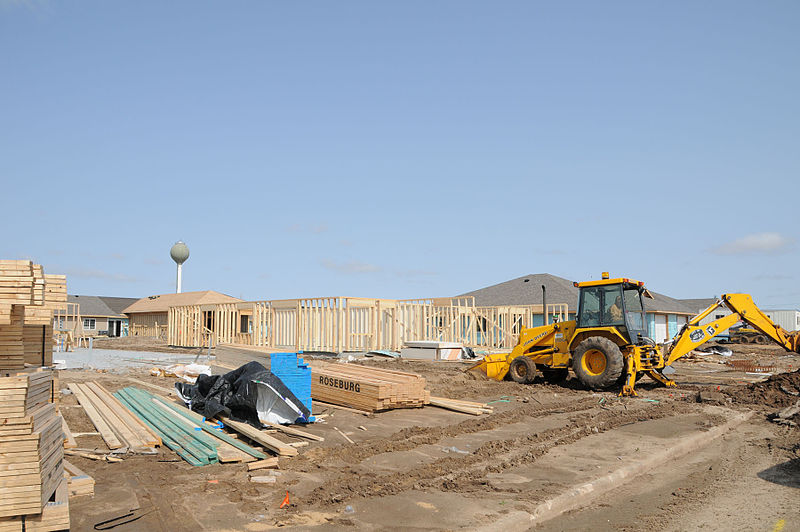Four Factors that Attract Land Buyers

If you’re trying to sell your home, you have a general idea of what home buyers want in their new home. Open floor plans, modern appliances, and usable outdoor space are typical items on home buyers’ wish lists. But if you own land, it can feel like you’re shooting in the dark.
Sophisticated land buyers look for more than four things when evaluating a potential project. But these four are a good place to start.
- High upside potential
Land buyers are taking a relatively large risk compared to other investments. They need to see the potential for a big payday if they’re going to invest time and money into your property. One piece of evidence of high upside potential may be strong demographics. For example, young, affluent buyers with families will generally pay the most. They need space and can pay for it.
In areas without new homes, another sign of solid upside is a strong resale market with lots of remodels. When there are lots of remodels it means people are investing in a substandard home to get the location. Theoretically, this means buyers are willing to pay extra for a new home in that location. This makes land buyers feel better because they feel as if there is demand for new product.
- Stable Political Environment
The entitlement process is fraught with risk for developers, builders, and investors alike. The potential for litigation, political uprisings, and public outrage makes entitling land risky. Even if your property is in a desirable area, the local politics may kill its value.
Land gets its value from what you can do with it. So if your land is in a city with lots of NIMBYs you may not be able to get anything out if it. Or getting something out of it will be a very risk undertaking. In which case, you’ll have to take a significant discount on the sales price because of the extra risk.
- Low upfront investment
There’s no such thing as a low upfront investment when it comes to developing land. A land buyer spends a boatload of money to upgrade the land, ready it for homes, and then sell it or build it out. That said, certain conditions need an especially large amount of upfront investment.
Offsite improvements such as traffic lights or underground utilities kill many projects in the Bay Area. The huge upfront investment turns many buyers off. Few people can afford to have millions of dollars out for years before they start getting money back.
- A reasonable buyer
Believe it or not, developers and builders will ignore your property if you’re hard to deal with. Unless your property is a once-in-a-lifetime deal, they’re not going to waste much time if you play games. The serious ones work on razor thin margins and can’t go back and forth with a seller who’s jerking them around.
That’s not to say you shouldn’t stand up for what you believe. But if you can’t come to an agreement, don’t give them the impression that you’re difficult to deal with.
It’s perfectly reasonable to refuse offers or ask for more, but don’t burn bridges. If things change, you don’t want them to have marked you off their list.
As a landowner, you’ll be dealing with buyers far different than residential or commercial buyers. Developing land for homes and building those homes is a specialized industry. The buyers, especially the big ones who pay top dollar, are highly sophisticated. Knowing what attracts them will help you sell your land for as much money as possible.
- 7 Endangered Species that Hurt Land Values [Bay Area]
- 5 Ways the Expiration of Tentative Maps Gets Extended
- Tentative Map Automatic Time Extensions Explained
- Tentative Tract Map Calculator FAQ
- CEQA Exemptions—An Introduction for Land Owners
- The CEQA Checklist—An Introduction for Landowners
- The CEQA Process–An Introduction for Landowners
- Land Use Designation and Zoning Codes—What's the Difference?
- An Introduction to Zoning Codes [Example]
- Four Factors that Attract Land Buyers
- 5 Questions Landowners Should Ask their Agent
- What's a Tentative Map and Why Does it Matter?
- How Comps Skew Residential Land Value Expectations
- Trump Takes Step back on Affordable Housing
- Developer and Builder: Who does what?
